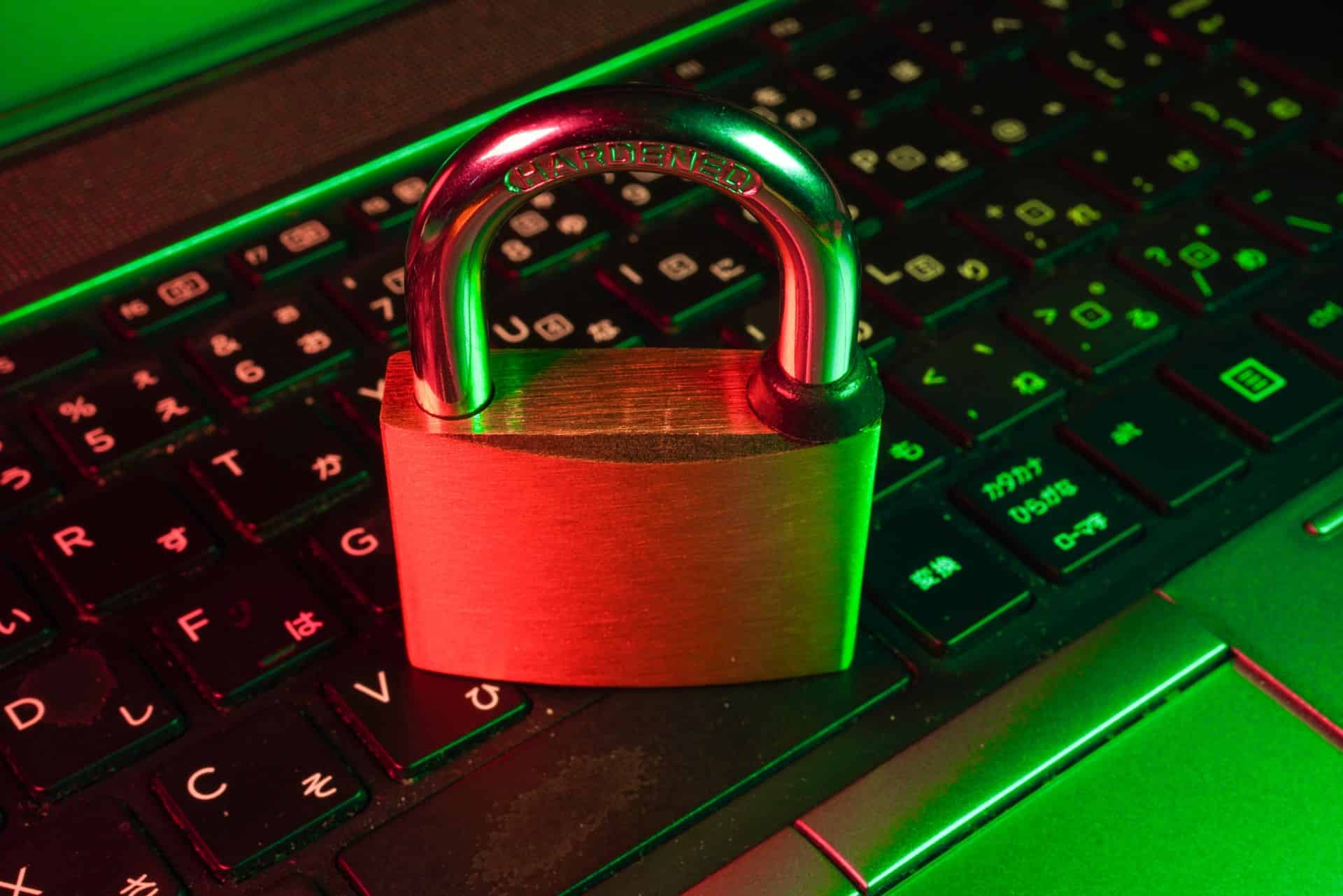Home office data security is now critical to protecting yourself – and your client data – from online theft. If your client’s data becomes comprised, it could cause legal issues for your business.
Entrepreneurs and small business owners who work from home enjoy not having to pay high commercial rent for their place of business. With a spare bedroom, a remodeled garage, or even just a spare desk in the corner, many small businesses are successfully operated without the need to commute to work every morning.
However, there are many risks associated with working from home. One of the major risks that savvy business owners need to avoid is that of leaving their valuable and precious office and client data susceptible to cyber theft. That is why the lone entrepreneur or small business owner must wear an additional hat, that being the IT and Data Security Manager.
Table of Contents
What Constitutes Adequate Home Office Data Security?
Does that mean that a small business owner working from home needs to purchase tens or even hundreds of thousands of dollars worth of security software and computer networking protection? Of course not. But these types of business owners are expected to take adequate security measures to protect client data as well as their own information.
What Home Office Data Must Be Protected?
The first step in preparing a home office data security system is to determine what data falls into the category of “Top Priority” protection.
Client/Customer Data
Your client and customer information is of utmost importance on the priority list. Items in this category include:
| Names | Credit Card Numbers |
| Addresses | Email Addresses |
| Phone Numbers | Passwords |
| Social Security Numbers | Birthdates |
Don’t forget that if you have employees or staff, the same type of information listed above is just as important to protect for home office data security.
Business Information
While protecting customer data is top priority, you also have a responsibility to protect your sensitive and valuable information from hackers and thieves. The following data types are the information that not only keeps you in business, but gives you a competitive edge over competition.
Financial Data
- Checking accounts/Bank statements
- Sales register
- Asset accounting
- Cash flow statements
- Income statements
- Balance sheets
Intellectual Property
- Research and development
- New product inventions
- Strategic marketing plans
- Contracts
Perform a Security Analysis
To get an idea of your current data security situation, you should perform a risk analysis. A thorough security analysis will let you know what adequate controls are already in place and at acceptable levels, and reveal potential threats that need to be shored up.
In these instances, it may be best to hire an outside consultant to ensure you have the proper home office data security. A specialist in data security will be able to find the areas that are vulnerable, such as laptops, firewall software, and your backup procedures.
Tips to Improve Home Office Data Security
Even without a security analysis, there are plenty of steps you can take to ensure that your electronic data is collected, stored, and backed up safely. Here are a few good tips:
Avoid Public WiFi
Do you often bring your company laptop to Starbucks and perform business duties there? Beware that a public WiFi signal is ripe for the hacking. Any information you send between your computer and the public WiFi router is up for grabs. If using WiFi, be sure it is an encrypted local signal with password protection.
Regularly Update Your Anti-Virus
Whether you use Norton, McAfee, or other major brand of anti-virus software, you will want to form a policy where you regularly update the software. Major anti-virus companies will regularly send out security updates and patches to fight new viruses. Be sure you get your updates before any of your business computers get infected.
And, never automatically open a file sent via email or downloaded from the internet. Be sure you always scrub any downloaded file through your anti-virus.
Get the Strongest Firewall You Can Afford
A good firewall software will protect you from hackers getting into your system. Don’t go cheap in this area. Spend for the best you can afford.
Always Use Encrypted eCommerce
If your customers buy online, always use SSL Certificates. This is a cryptographic protocol that ensures that information transmitted between your website’s server and your customer’s computer is randomly encrypted and only read by each other.
Lockup Laptops
A portable computer has the potential to get stolen. Do your best to keep thieves from finding the data. Use laptop locks if possible, and always have a secure sign in to access the hard drive.
Backup Backup Backup
You can never hear it enough. Always backup your electronic business data on a regular basis. Best process is daily, weekly, and monthly full backups. And store your backups off-site. You never know when you will need to access it to restore after a theft.
Your data security policy is one of the most important policies in your business computer arsenal. Take a look at your procedures and update as necessary to ensure you have protected data.










